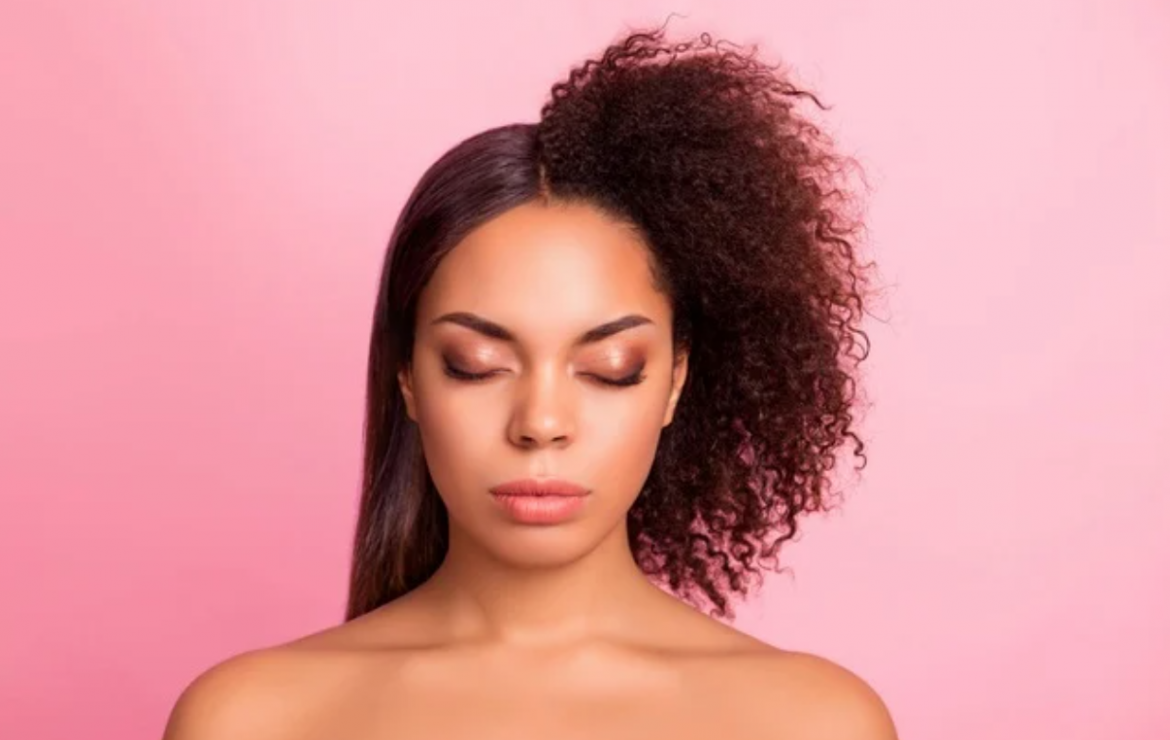We’ve all got our all-star beauty products. The ones that have stuck with us throughout the passage of time, remained faithful when nothing else worked, and given us everything they said they would. The partners we always wanted, who some of us have been boasting about for decades.
But what happens when our ‘good old faithfuls’ let us down? In an era where we’re constantly learning more about what we put into and onto our bodies, a few dark horses in the beauty cabinet tend to come out of the woodwork.
For one US woman, the products she’d put her trust into are now the script of a lawsuit.
According to Jenny Mitchell, her struggle with uterine cancer is linked to L’Oreal straightening products which she claims she’s been using for over twenty years.
Per reports, Mitchell’s lawyers say that her civil lawsuit is likely one of many cases whereby black women are ‘aggressively misled’ by companies to increase profits. Mitchell endured a hysterectomy because of her uterine cancer, and now the legal spotlight is on L’Oreal.
The camp against L’Oreal is further footed by a recent study by the National Cancer Institute.
The study, published just last week investigated hair products linkage to incident uterine cancer specifically; noting that previous studies have found hair product use to be associated with a higher risk of hormone-sensitive cancers, but not uterine cancer specifically.
It looked at over 30 000 women aged 35-74 years old, who were asked about their use of hair products in the last year, over a decade timeline. Products included hair dyes, straighteners, relaxers, pressing products and permanents or body waves.
The results shared that “over an average of 10.9 years of follow-up, 378 uterine cancer cases were identified.” This means that after just under 11 years since the baseline questions were asked, 378 cases had been diagnosed.
The association was stronger when comparing frequent use, but dyes and permanents or body waves were not linked to uterine cancer. However, straightening products were, the study shared.
Moreover, the researchers discovered that women who said they’d used hair straightening products over four times in a single year were above twice as likely to develop this specific type of cancer.
The study also focused on black women who were more likely to use products like chemical hair straightening – hence the weight of Mitchell’s lawyer’s comment.
As for Mitchell’s case, L’Oreal remains in the hot seat, but the company is not likely to be isolated in the broader conversation of the harm associated with haircare products.
ALSO SEE:
Some locals are boycotting Dis-Chem after a company memo went viral
Feature Image: Getty Images/Deagreez

